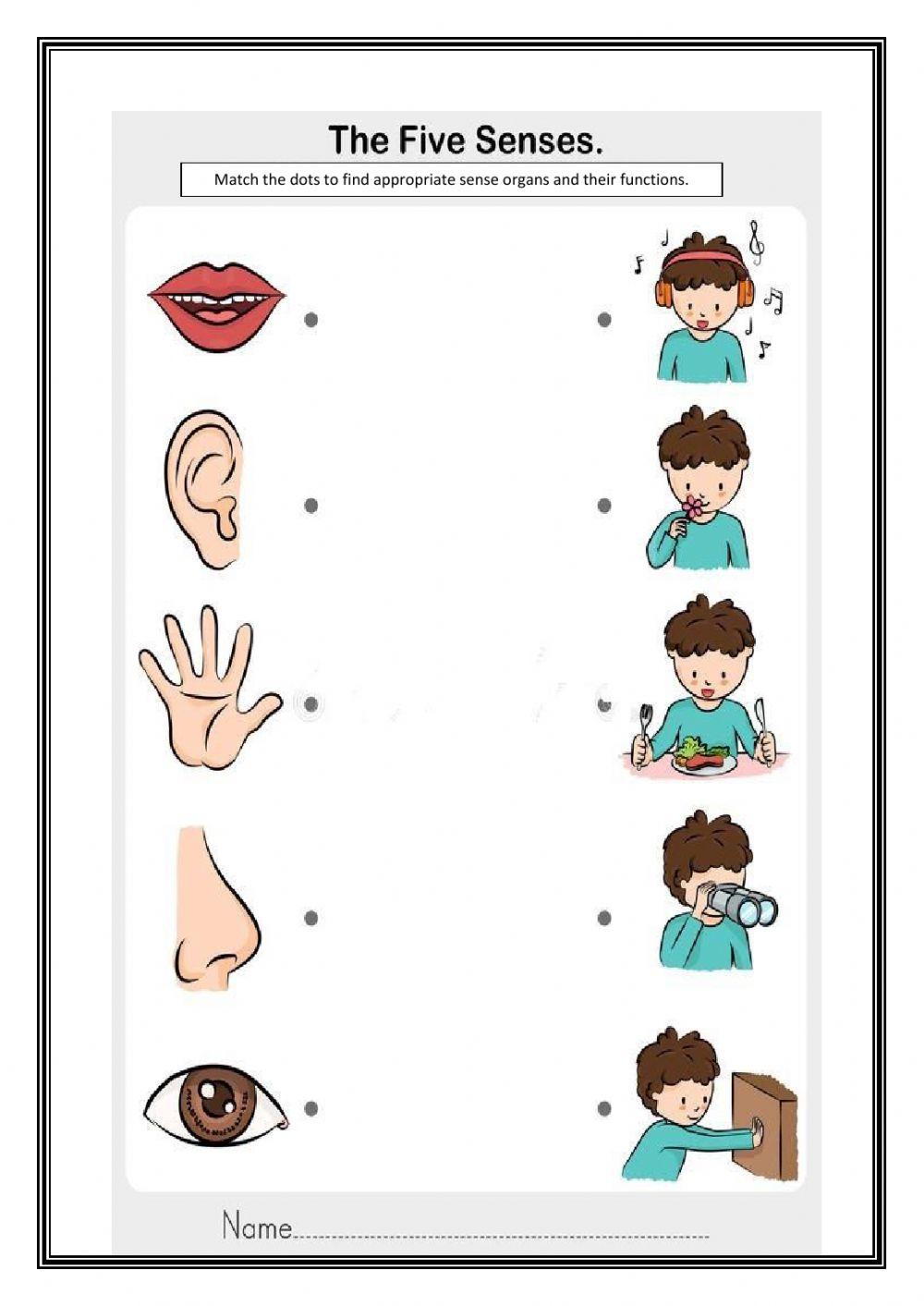Our sense organs are the gateways through which we perceive the world and connect with our surroundings. They enable us to experience the beauty of nature, the joy of human connection, and the countless wonders that life has to offer. Caring for these precious organs is essential for maintaining our well-being and maximizing our ability to enjoy life to its fullest.

Image: www.youtube.com
Understanding Our Sense Organs
Our sense organs include eyes, ears, nose, tongue, and skin. Each organ has a specific function and plays a vital role in our overall perception and sensory experience. The eyes allow us to see, the ears to hear, the nose to smell, the tongue to taste, and the skin to feel temperature, texture, and pressure.
Together, these sense organs provide us with a comprehensive understanding of our environment and allow us to interact with the world around us. Neglecting their care can lead to sensory impairments and adversely affect our quality of life. Therefore, it is crucial to prioritize their health and well-being.
Five Essential Tips for Protecting Your Sense Organs
-
Protect Your Eyes from Harmful Rays: Excessive exposure to ultraviolet (UV) rays from the sun can damage the eyes and lead to conditions such as cataracts, macular degeneration, and even skin cancer around the eyelids. Wear sunglasses with UV protection whenever you’re in the sun, and consider wearing a wide-brimmed hat for added protection.
-
Maintain Good Eye Hygiene: Keep your eyes clean by washing your hands before touching them and avoiding rubbing them. Change contact lenses regularly, as prescribed by your eye doctor, to prevent infections and ensure clear vision. Additionally, give your eyes regular breaks from screen time to reduce strain and fatigue.
-
Listen Responsibly: Loud noises can damage the delicate hair cells in the inner ear, leading to hearing loss or tinnitus. Avoid prolonged exposure to excessive noise levels, and use earplugs or headphones with volume limiters when necessary. If you work in a noisy environment, consider using protective earmuffs.
-
Take Care of Your Nose: The delicate mucous membranes in the nose can become irritated or inflamed by allergens, pollutants, or excessive nose blowing. Use a saline nasal spray to gently clean and soothe the nasal passages, and seek medical attention if you experience persistent symptoms or difficulty breathing.
-
Maintain Oral Hygiene: Poor oral hygiene can affect the sense of taste and contribute to bad breath. Brush and floss your teeth regularly, and schedule regular dental checkups to address any underlying issues that may compromise your sense of taste.
Frequently Asked Questions
- Can I lose my sense of smell permanently?
Yes, it is possible to lose your sense of smell permanently due to certain medical conditions or injuries. However, in many cases, it can be restored with treatment or may return on its own.
- Why am I losing my sense of taste?
Loss of taste can be caused by various factors, including aging, smoking, medications, or nasal congestion. Consulting with a healthcare professional is recommended to identify the underlying cause and receive appropriate treatment.

Image: www.liveworksheets.com
How Can We Take Care Of Our Sense Organs
Conclusion
Our sense organs are invaluable gifts that allow us to fully experience the world around us. By understanding their functions and needs, and by following the simple tips outlined above, we can protect and preserve these precious organs for a lifetime of vibrant and meaningful sensory experiences.
Are you interested in learning more about protecting your sense organs? Share your questions or insights below, and let’s explore the topic further together.
